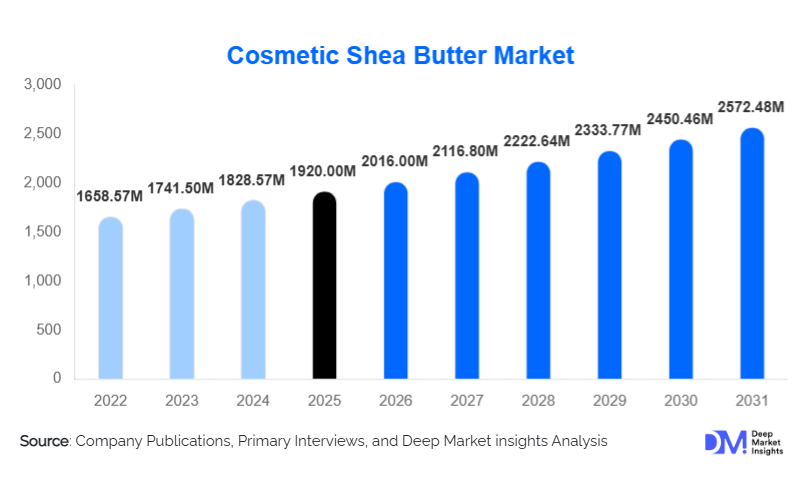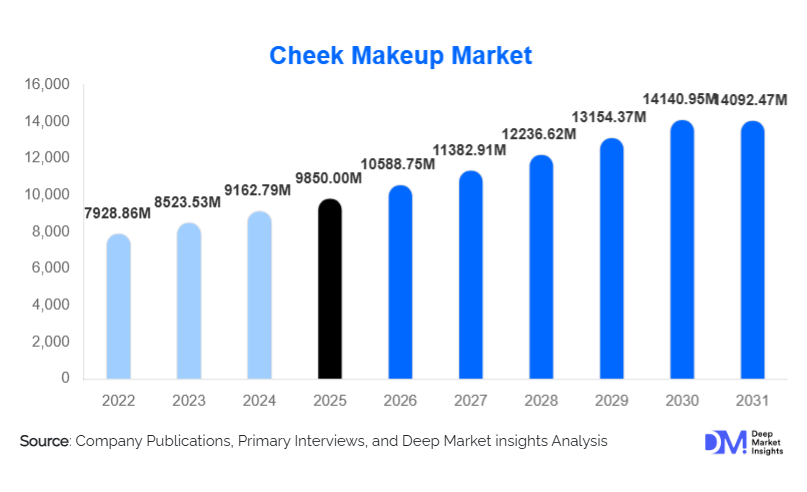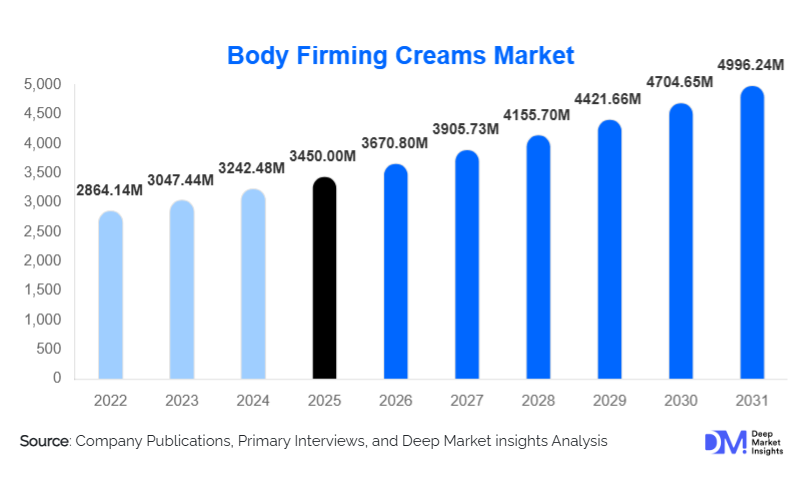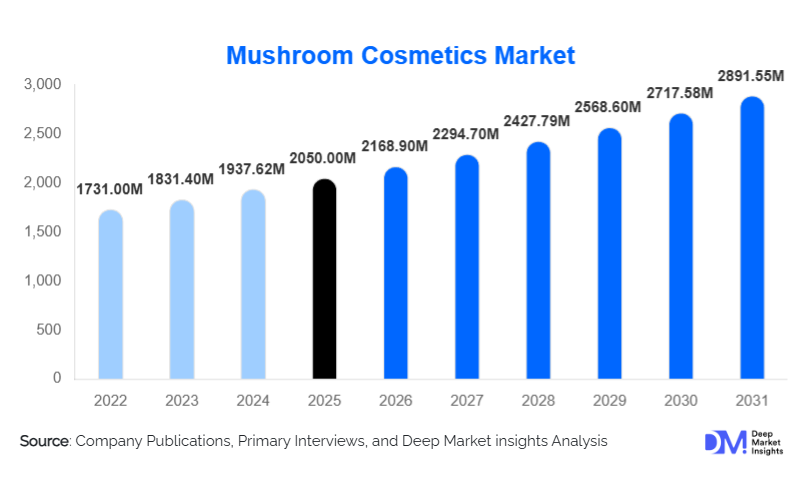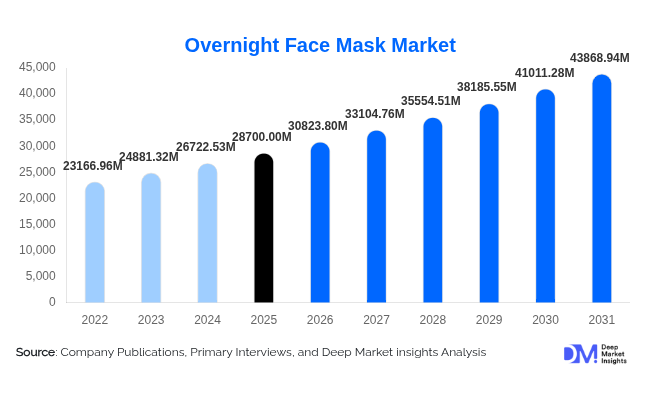Top 10 Companies Leading the Clean Beauty Market in 2025
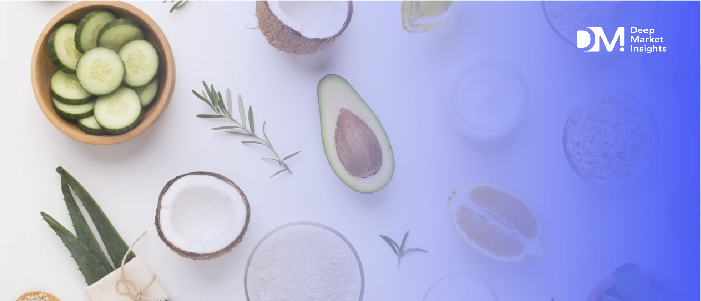
Clean beauty is transforming how beauty products are created, marketed, and used worldwide. As consumers prioritize safety, sustainability, and transparency, leading brands are focusing on cleaner formulations, recyclable packaging, and ethical sourcing to meet growing expectations.
According to Deep Market Insights, the global clean beauty market size is projected to reach $15.3 billion by 2030, driven by health-conscious consumers, rising environmental awareness, and a preference for cruelty-free and vegan options.
As awareness grows, the world’s top beauty brands are evolving their portfolios, either through in-house innovation or by acquiring clean beauty brands that align with new-generation values. These companies are not only redefining beauty standards but also setting industry-wide sustainability benchmarks.
1. Estée Lauder Companies (USA)
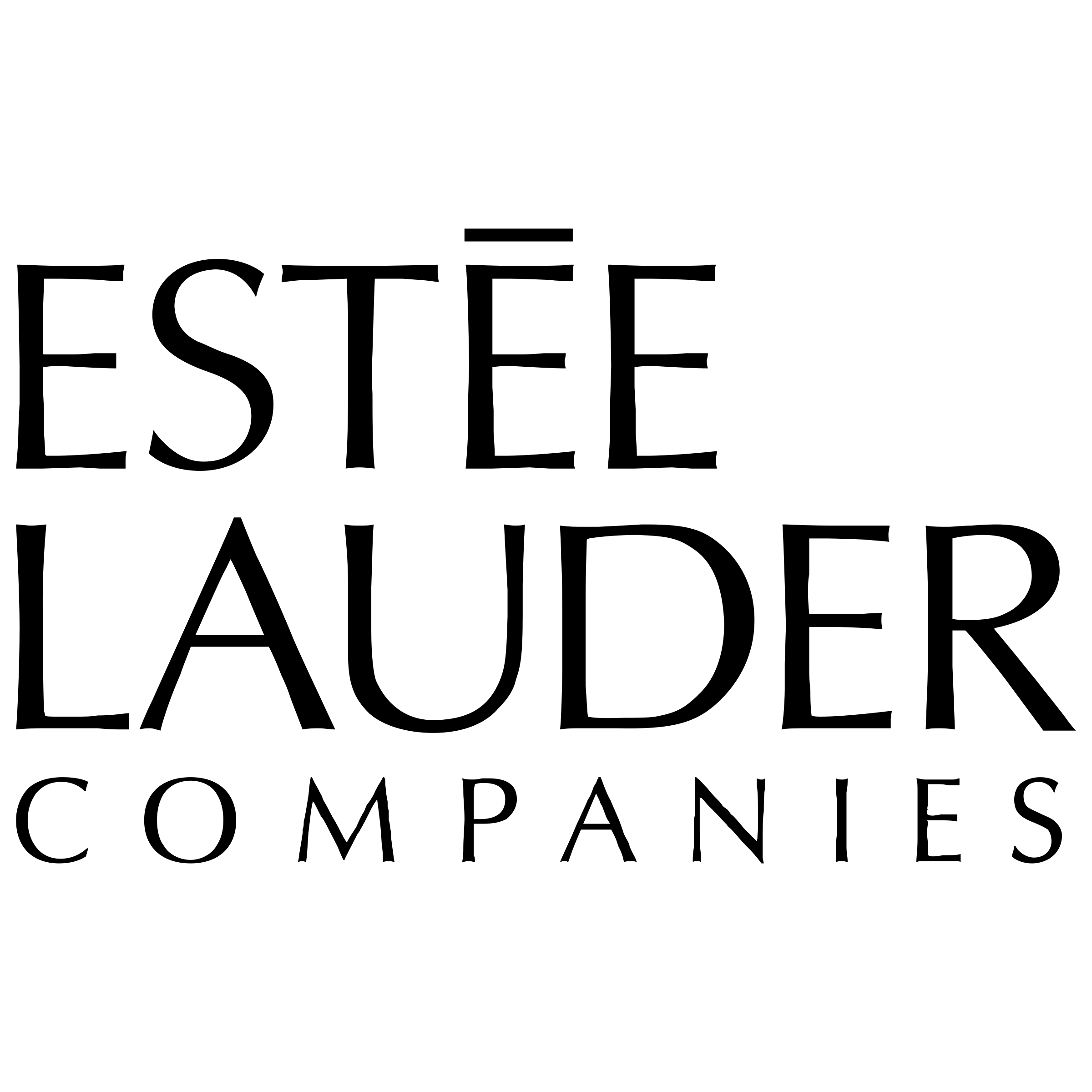
Estée Lauder Companies has become a pioneer in advancing clean and sustainable beauty across its extensive portfolio. The group integrates clean formulation principles into its major brands such as Origins, Aveda, and Clinique, emphasizing transparency and eco-conscious production.
- Mar 2025: Expanded its “Green Chemistry Initiative” to reduce carbon emissions across all product categories.
- Oct 2024: Introduced recyclable packaging under its Aveda and Bobbi Brown product lines.
- Key Brands: Aveda, Origins, Clinique.
2. L'Oréal (France)

L’Oréal leads the clean beauty movement through its “L’Oréal for the Future” sustainability roadmap, promoting ingredient traceability and circular packaging. The company focuses on responsible innovation through its popular clean beauty labels.
- Apr 2025: Launched the “Waterless Beauty” initiative to conserve water in skincare production.
- Sep 2024: Expanded Garnier’s “Green Labs” product line across global markets.
- Key Brands: Garnier, Biolage, Kiehl’s.
3. Unilever (UK/Netherlands)
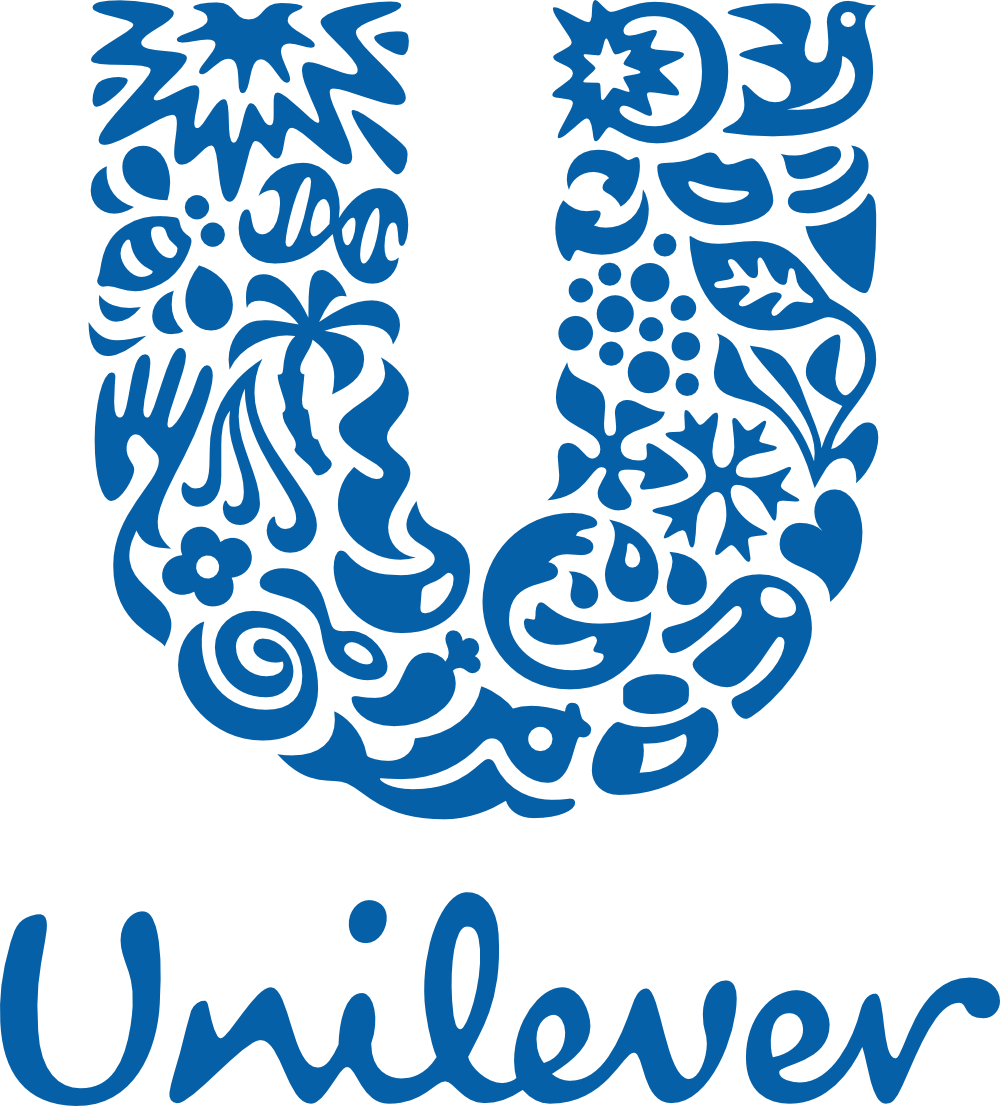
Unilever is driving large-scale clean beauty transformation through its “Positive Beauty” program, which focuses on removing harmful ingredients, reducing waste, and advancing inclusivity. The company has made significant strides with natural and plant-based product lines.
- Feb 2025: Introduced 100% recyclable packaging across Love Beauty and Planet.
Nov 2024: Partnered with biotech firms to enhance natural ingredient sourcing. - Key Brands: Love Beauty and Planet, Simple, Dove.
4. Procter & Gamble (USA)
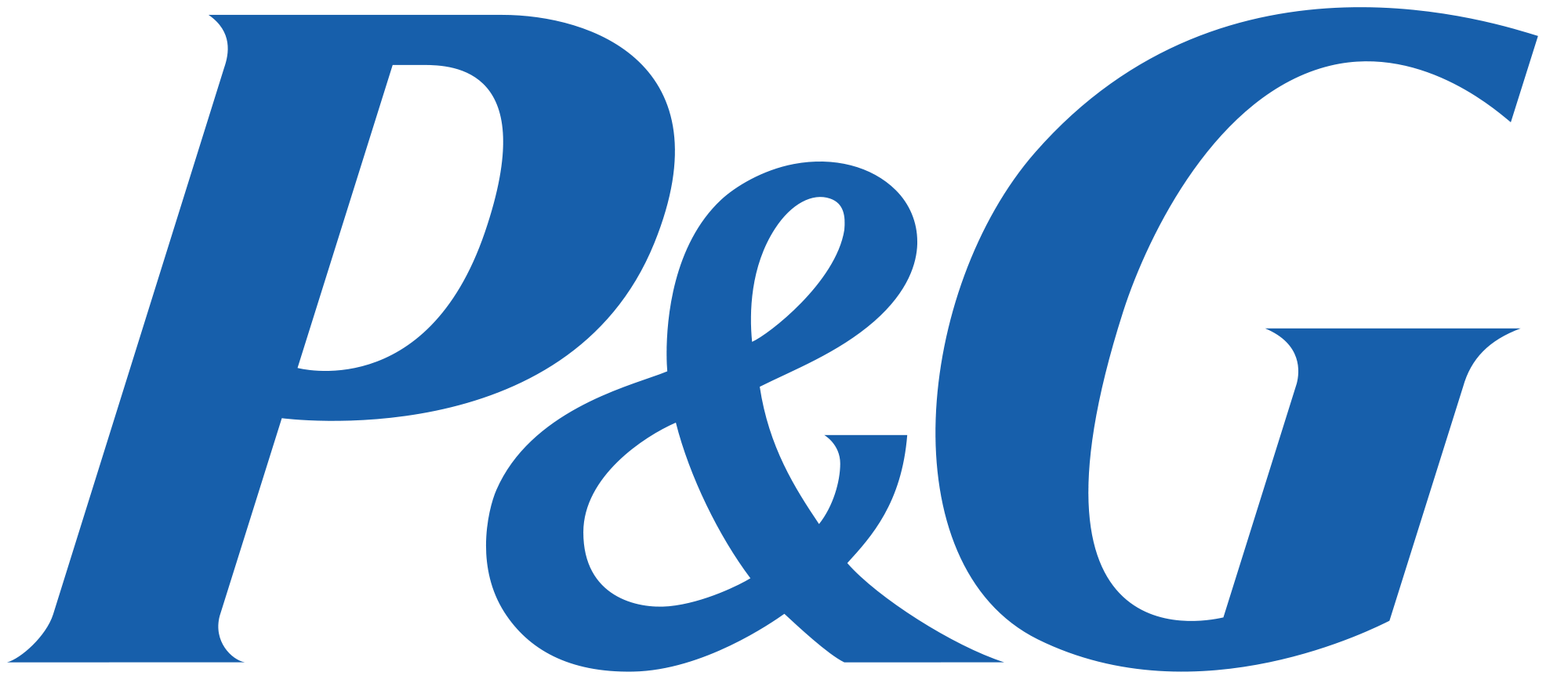
Procter & Gamble (P&G) has made strong commitments toward ingredient transparency and clean labeling. The company’s clean beauty portfolio emphasizes gentle, effective, and eco-friendly formulations.
- Jan 2025: Expanded the “Herbal Essences Bio:Renew” collection using botanicals certified by the Royal Botanic Gardens, Kew.
- Jul 2024: Introduced refill pouches for its Olay and Pantene clean skincare and haircare lines.
- Key Brands: Olay, Herbal Essences, Pantene.
5. Coty Inc. (USA)
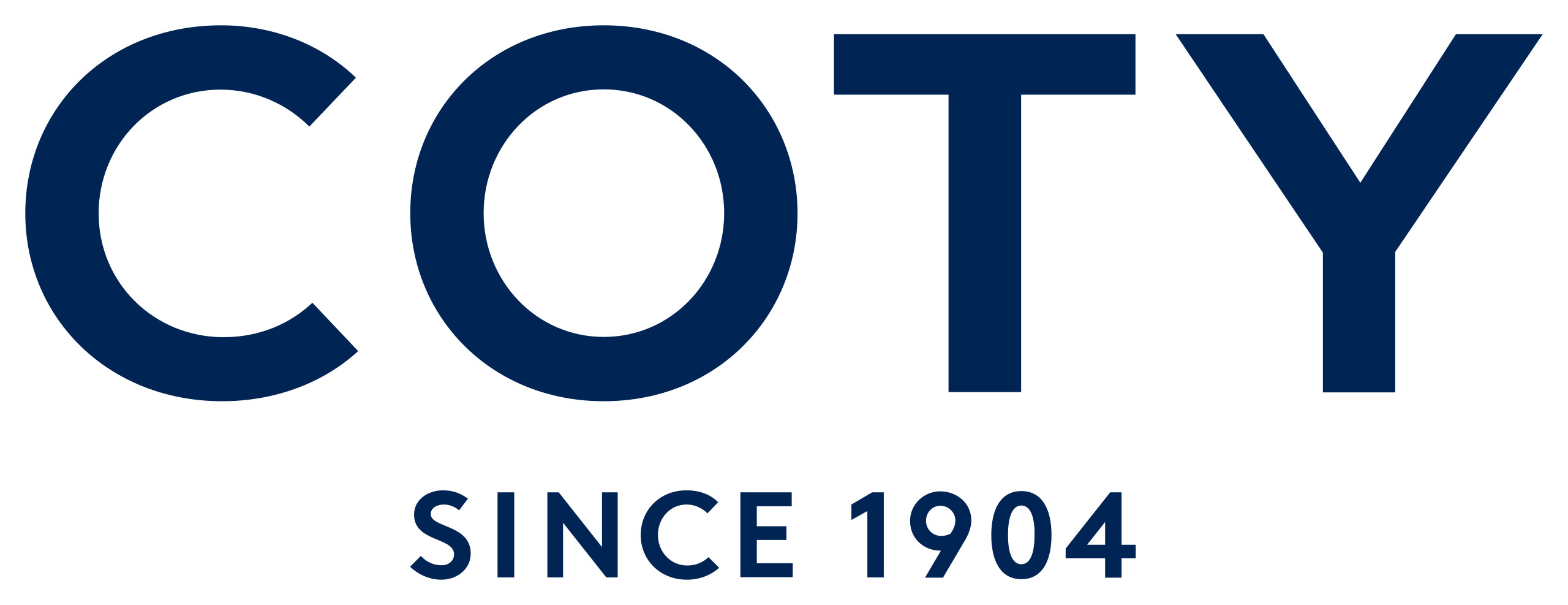
Coty is reshaping its identity by focusing on clean, vegan, and cruelty-free products across both prestige and mass beauty categories. Its recent rebranding initiatives emphasize ethical production and minimal environmental impact.
- Mar 2025: Expanded the “Clean Beauty Collective” with new sustainable fragrances.
Oct 2024: Transitioned to PCR (post-consumer recycled) materials across several product lines. - Key Brands: CoverGirl Clean Fresh, Philosophy, Kylie Cosmetics.
6. Shiseido Company (Japan)

Shiseido combines traditional Japanese skincare wisdom with clean science to create safe and effective beauty solutions. The company has implemented environmentally responsible practices across all manufacturing facilities.
- May 2025: Launched “SHISEIDO Sustainable Skin” with biodegradable formulas.
- Dec 2024: Expanded the WASO brand, focusing on vegan ingredients and minimal packaging.
- Key Brands: WASO, bareMinerals, SHISEIDO.
7. Beiersdorf AG (Germany)

Beiersdorf AG, the parent company of NIVEA and La Prairie, has been actively transitioning to clean and transparent formulations. The company integrates natural ingredients, fair sourcing, and recyclable materials into its production lines.
- Feb 2025: Announced 100% carbon-neutral production facilities in Europe.
- Aug 2024: Introduced the “NIVEA Naturally Good” collection with certified organic ingredients.
- Key Brands: NIVEA, Eucerin, La Prairie.
8. Revlon (USA)

Revlon is modernizing its product range with a strong focus on clean formulations and cruelty-free testing. The company’s strategy centers on simplicity, safety, and performance-driven natural beauty.
- Apr 2025: Introduced “Revlon Pure”, its first fully clean makeup line.
- Sep 2024: Partnered with environmental organizations to enhance packaging recyclability.
- Key Brands: Revlon Pure, Almay, Elizabeth Arden.
9. Amorepacific Corporation (South Korea)

Amorepacific leads Asia’s clean beauty revolution through science-backed natural formulations and eco-innovation. The company’s brands reflect a holistic approach to beauty rooted in sustainability and tradition.
- Jan 2025: Expanded the Innisfree “Green Innovation” initiative with zero-waste stores in Seoul and Tokyo.
- Oct 2024: Launched Amorepacific Lab’s “Blue Beauty Project” to protect marine ecosystems.
- Key Brands: Innisfree, Laneige, Sulwhasoo.
10. Herbalife (USA)

Herbalife, traditionally known for nutrition and wellness products, has expanded into clean beauty with plant-based skincare and personal care solutions. Its focus lies in supporting skin health through natural, scientifically tested ingredients.
- Mar 2025: Released a new botanical skincare line under the Herbalife Skin brand.
- Nov 2024: Adopted a zero-waste packaging policy for all new product launches.
- Key Products: Herbalife Skin Collagen Plus, Daily Glow Moisturizer.
Wrapping Up
These companies are redefining the beauty sector by embracing sustainability, ingredient transparency, and ethical manufacturing. From innovative biotech-driven formulations to zero-waste packaging systems, each brand plays a pivotal role in shaping the next generation of clean beauty.

